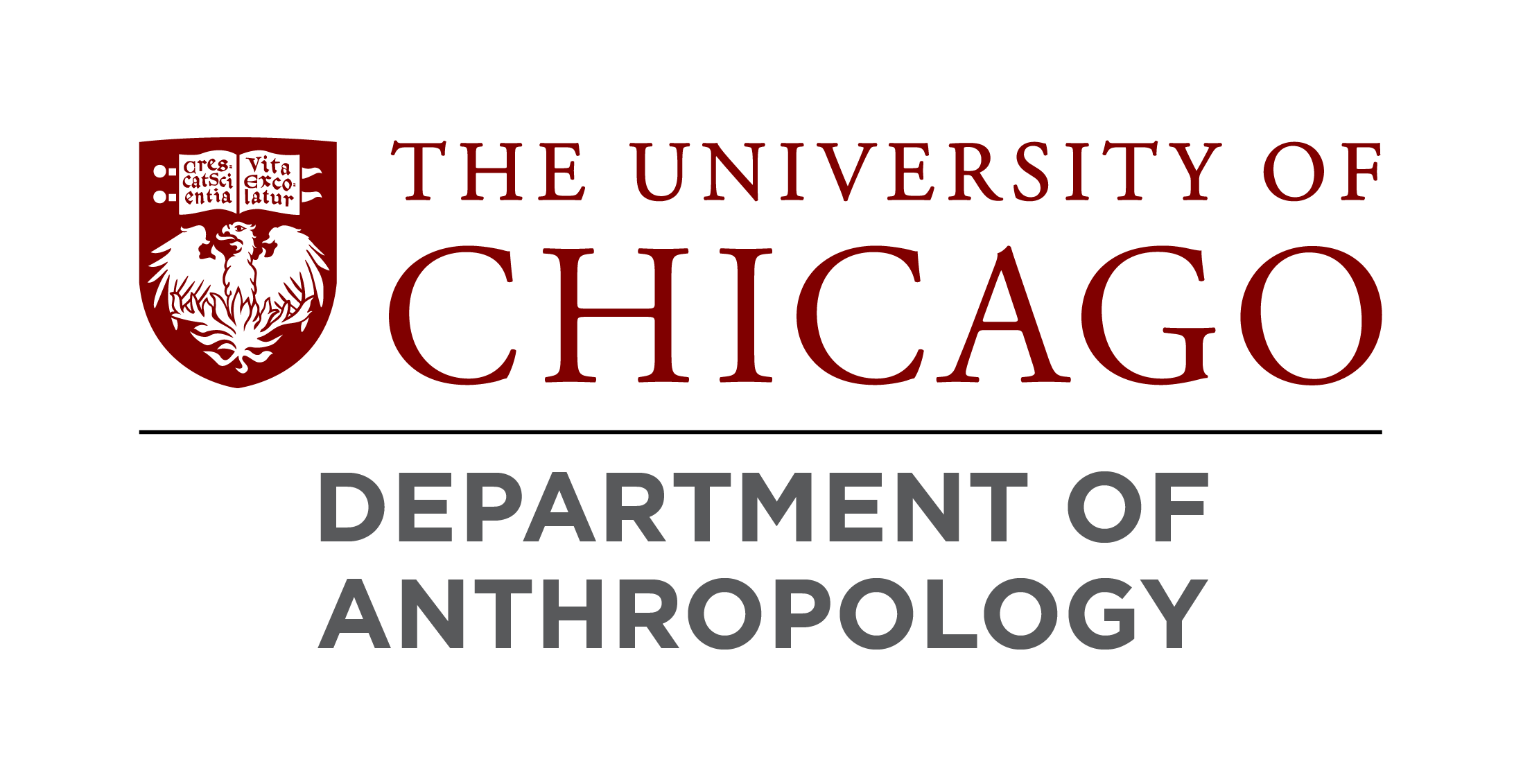
Darryl Li is an anthropologist and legal scholar thinking mostly about questions of war, law, migration, empire, and racialization in the currents between the Middle East, South Asia, and the Balkans. He is the author of The Universal Enemy: Jihad, Empire, and the Challenge of Solidarity (Stanford University Press, 2020), an ethnographic and archival study of "jihadist foreign fighters" in the 1992-1995 war in Bosnia-Herzegovina. The book develops an anthropological approach to the comparative study of universalism and was awarded the William A. Douglass prize from the Society for the Anthropology of Europe.
Li has participated in litigation arising from the "War on Terror" as party counsel, amicus, or expert witness in Alien Tort, material support, denaturalization, immigration detention, asylum, and Guantánamo (habeas and military commissions) proceedings. He is a member of the bar in New York and Illinois and volunteers as an intake attorney for abolitionist bail funds in the Chicago area. In a previous life, he worked for several human rights organizations.
Li's current research and teaching agenda encompasses several broad streams: (1) theorization of captivity as a way to reconnect longstanding questions on law, racialization, and capitalism and to reconsider the politics of relating abolition to anti-imperialism; (2) migrant military labor ("mercenaries") across the Indian Ocean through questions of labor, sacrifice, violence, and counterrevolution; (3) racialization in international law, bridging doctrinal (CRT and TWAIL) perspectives to legal histories of empire and migration; (4) methodological questions for anthropology of law vis-à-vis legal scholarship, legal practice, and sociolegal studies.
 THE UNIVERSITY OF CHICAGO
THE UNIVERSITY OF CHICAGO

